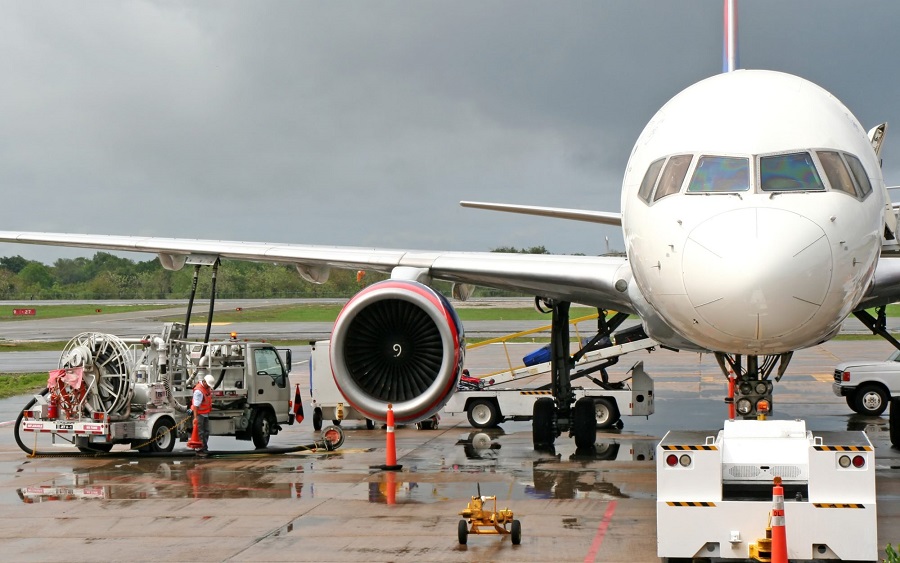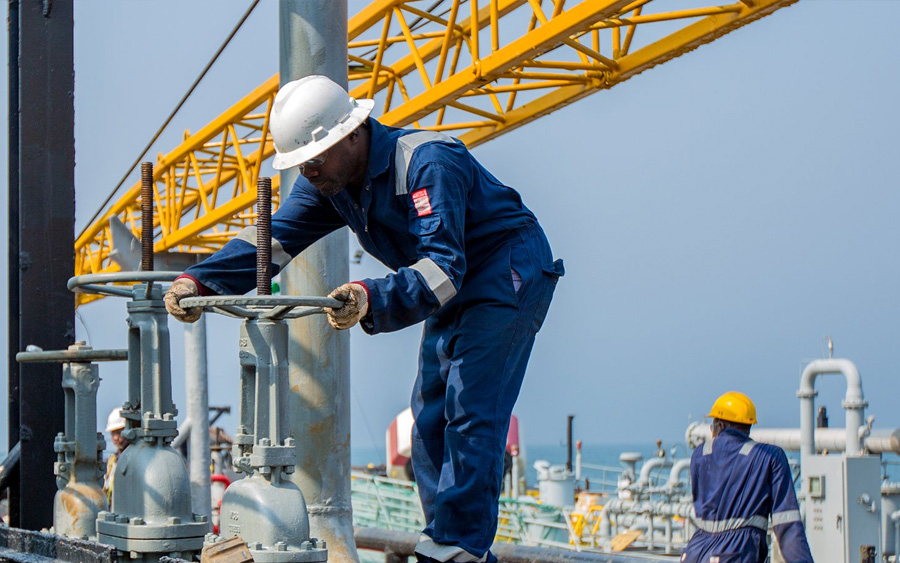More losses for oil, West Africa to China VLCC rates fall to historic lows, Nigeria applies discounts on September crude pricing, Buhari wants PIB implemented in a year. Here’s what’s happened in the oil markets.
More losses for oil
Two weeks ago, oil prices closed out their biggest week of losses in more than nine months with another down day on Friday, as investors sold futures in anticipation of weakened fuel demand worldwide due to a surge in COVID-19 cases. Brent crude fell 8% on the week, settling down to $65.18 a barrel. Last week, a rebound looked to be in place.

West Africa to China VLCC rates fall to historic lows
According to Argus Media, a decline in shipments of West African Crude to China has pushed freight rates for very large crude carriers (VLCCs) to the lowest points. To put it in context, the average rates in June, July, and August were $10.28, $10.41, and $10.04. Argus media puts these figures at the lowest rates since it began tracking VLCC’s in 2005. What this means is there is a low demand for West African Crude which Nigeria falls under. Just 840,000 b/d of crude was shipped from West Africa to China last month across all vessel classes. It’s not only West Africa that is hurting from low demand, reports show other parts of the South Atlantic basin have been weak all summer.
Nigeria applies discounts on September crude pricing
As demand continues to suffer as delta variants proliferate, Nigeria is applying heavy discounts to September crude pricing. NNPC hopes to tempt buyers with these prices. China, one of Nigeria’s buyers, snapped up crude when Brent prices fell to historic lows in 2020 and has been holding back from purchases, hoping to wrestle the international price down as they keep drawing from their strategic stocks.
Any development in Nigeria? Buhari wants PIB implemented in a year.
After signing the Petroleum Industry Bill into law, President Buhari said that the Petroleum Industry Bill will create a regulatory environment to boost efficiency and accountability and reposition state-owned NNPC as a commercially-driven company accountable to the Nigerian federation. The task of overseeing the implementation process and coordinate the relevant ministries, departments, and agencies will be on the Oil Minister, Timipre Sylva.
The importance of this bill is to close leakages. Buhari addressed this by explaining how over the last 10 years, Nigeria has lost $50 billion worth of investments due to uncertainties created by the non-passage of the PIB. President Buhari encouraged communities in oil-rich areas to look carefully at the contents of the bill as its implementation will bring real and lasting benefits.
There are mulling talks on the proposed privatization, Timipre Sylva has assured stakeholders that the process will be carried out within the PIB’s timeframe of six months.









.gif)






